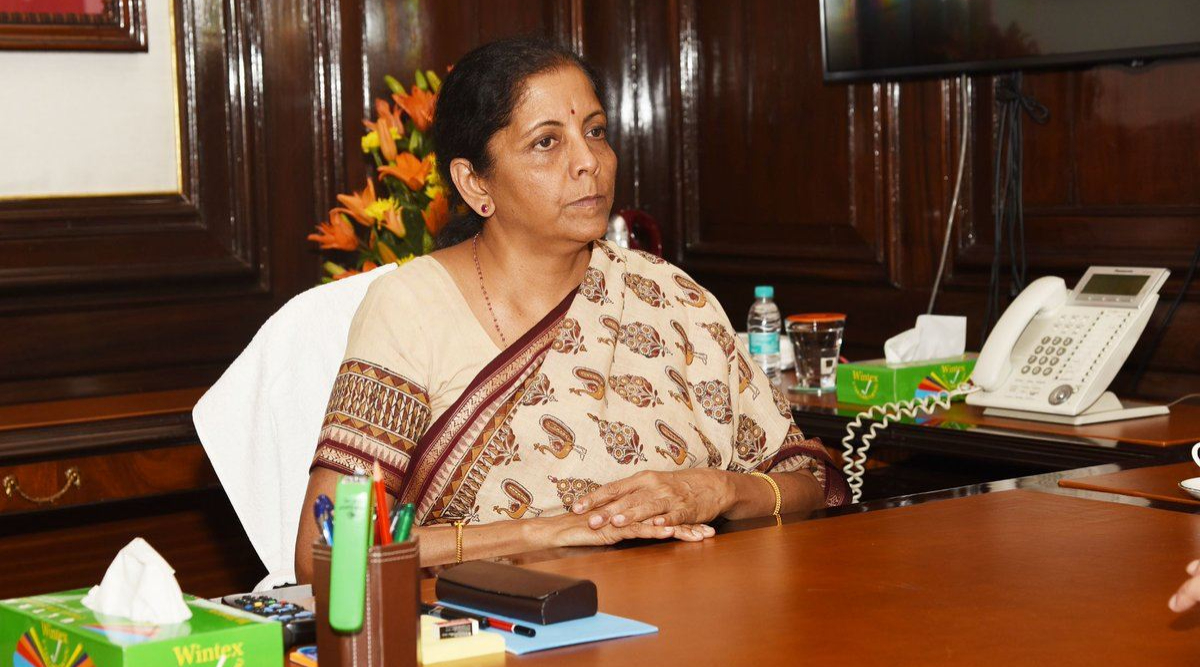The Ministry of Micro Small and Medium Enterprises (MSME) on Thursday announced new guidelines for two more schemes which include ‘Pottery Activity’ and ‘Beekeeping Activity’. The Ministry said that for pottery activity, the government will provide assistance of pottery wheel, clay blunger, and granulator. A total of 6,075 traditional and others (non-traditional) pottery artisans/rural unemployed youth or migrant labourers will be benefited from this scheme. “It will also provide wheel pottery training for traditional pottery artisans and Press Pottery training for pottery as well as non-pottery artisans in Self Help Groups,” it added.
The Ministry had few days back announced expanding and doubling the support to Artisans who might be interested in making Agarbatti. These new initiatives of the Ministry with beneficiary oriented Self-Employment schemes, are aimed at rejuvenating the grass root economy contributing to Atmanirbhar Bharat Abhiyan.
- For ‘Pottery Activity’ Government will provide assistance of pottery wheel, Clay Blunger, Granulator etc.
- It will also provide Wheel Pottery Training for traditional pottery artisans and Press Pottery training for pottery as well as non-pottery artisans in Self Help Groups.
- There is also provision to provide Jigger-Jolly training programme for pottery as well as non-pottery artisan in Self Help Groups.
In case of the Pottery improvements in the Scheme are:
- Skill-development training on focused products like garden pots, cooking-wares, khullad, water bottles, decorator products, mural, etc. to SHGs of pottery-artisans has been introduced
- Focus of the new Scheme is to enhance the production, technical know-how of pottery artisans and efficiency of potter energy kilns to reduce cost of production
- Efforts will be made to develop necessary market linkages by tying up with exports and large buying houses
For ‘Beekeeping Activity’:
- In case of the Scheme for ‘Beekeeping Activity’, the government will provide assistance of Bee boxes, Tool kits etc.
- Under this scheme, Bee boxes, with Bee colonies, will also be distributed to Migrant workers in Prime Minister Gareeb Kalyan Rozgar Abhiyaan (PMGKRA) districts.
- A 5 days’ beekeeping training will also be provided to the beneficiaries through various Training Centres /State Beekeeping Extension Centres/ Master Trainers as per prescribed syllabus.
A total of 6,075 traditional and others (non-traditional) pottery artisans/Rural Un-employed youth/Migrant Labourers will get benefitted from this Scheme. As Financial support for the year 2020-21, an amount of Rs.19.50 crore will be expended to support 6,075 artisans with a Centre of Excellence, with MGIRI, Wardha, CGCRI, Khurja, VNIT, Nagpur and suitable IIT/NID/ NIFT etc, for product development, advance skill programme, and quality standardization of products.
Additional amount of Rs 50.00 crore has been provisioned for setting up of clusters in Terracotta, Red clay pottery, with new innovative value added products to build pottery to crockery/ tile making capabilities, under ‘ SFURTI’ scheme of the Ministry.
To begin with, Scheme proposes to cover, during 2020-21, a total of 2,050 Beekeepers, Entrepreneurs, Farmers, Unemployed Youth, Adivasis will get benefitted from these projects/programme.
For this purpose a financial support of Rs 13 crore during 2020-21 has been provisioned to support 2,050 artisans ( 1250 people from Self Help Groups and 800 Migrant labourers), with a Centre of Excellence with CSIR/ IIT Or other Top class Institute to develop honey based new value added products. Additional amount of Rs. 50.00 crore has also been kept for developing Beekeeping honey clusters under the ‘ SFURTI scheme of the Ministry.
It may be recalled that the initiative to rejuvenate Agarbatti making at grass-root level few days back, is a step which also directed towards make India Aatmnirbhar in supply of this household consumption item. The interventions include the support to the artisans through training, raw material, innovation in the fragrance & packaging, use of new / alternate raw materials, marketing and financial support.
The program will immediately benefit about 1500 artisans, in providing sustainable employment with increased earnings. Artisans living in rural areas, Self Help Groups (SHGs) and ‘Migrant workers’ will particularly benefit from the program. In addition to enhancing employment opportunities locally, the programme will also help in capturing the export market in such products.









